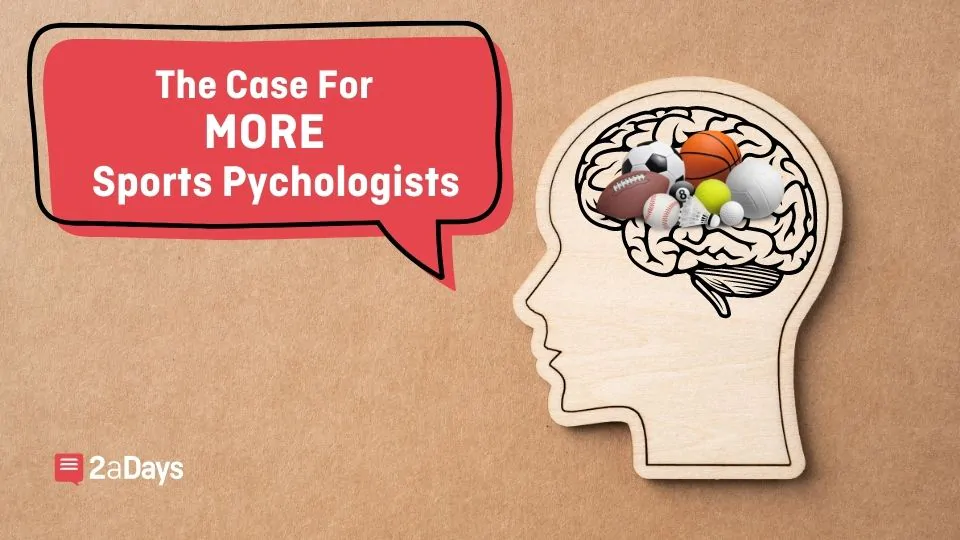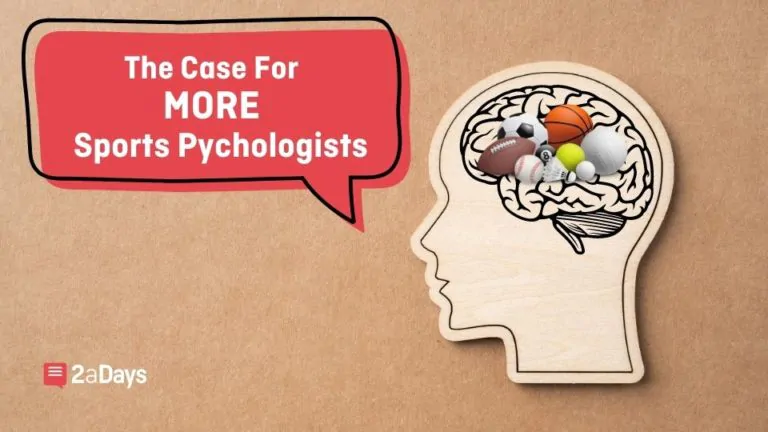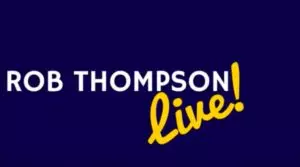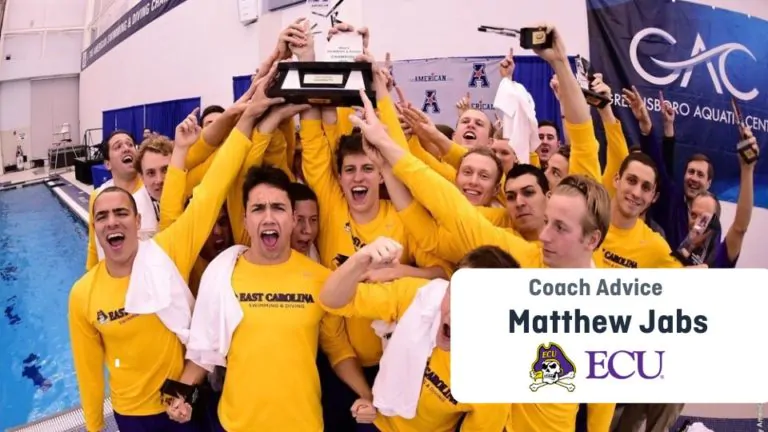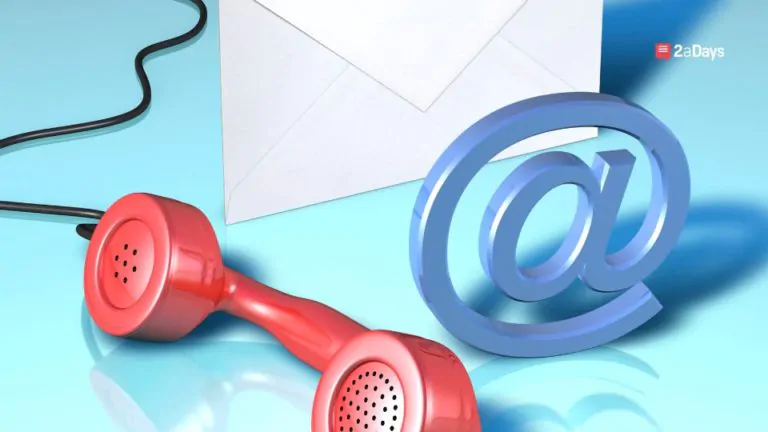While athletic departments are full of trainers meant to help athletes heal from physical injuries, many fail to adequately address the mental health of student-athletes. The need for increased support for student athletes has helped lead to the rise of sports psychologists, and college athletes everywhere are now reaping the benefits of their work.
What is a Sports Psychologist?
A sports psychologist is a trained and licensed professional psychologist who specializes in working with student-athletes. The goal of sports psychology is to help improve the well-being of athletes, including (but not limited to) treating stress, depression, performance anxiety, and eating disorders.
Why Doesn't Every Athlete Have One?
Currently, there are three main barriers to accessing sports psychology services in college athletics.
- Lack of knowledge
The first step to access is knowledge. Currently, many student-athletes are unsure if their school has a sports psychologist. As a result, only 10% of college athletes with mental health conditions seek help.
- Stigma
Researchers have found that attitudes towards mental health services significantly impact the likelihood of utilizing psychological services. In sports, athletes are taught to persevere in the face of adversity and to push through any pain (physical or mental) that you may be experiencing. In a study by ADU, coaches were found to be the main determinant of whether or not athletes seek out mental health services.
Related: Mental Health Illness in Collegiate Athletics
Some coaches such as Ryan Day have tried to reduce the stigma by speaking out on mental health issues. However, many schools lag behind. For example, in 2018, John Harbaugh made comments about players using mental health issues as an excuse to gain eligibility to transfer. The University of Colorado Boulder continues to reinforce stigma and the proclivity of athletes to be “tough” through a sign above one doorway that reads “pain is weakness leaving the body.”
- Availability of Services
The NCAA does not regulate whether colleges and universities employ counselors or sports psychologists. Across the NCAA, there is a lack of consistency and availability of services. The University of Arkansas has three full-time counselors, or one for every 155 athletes. An analysis by Out of Bounds found that, in 2020, power 5 schools on average had 2.42 sports counselors on staff. According to the Arkansas Director for Mental Health and Performance Chris Bader, this number is an improvement from a school he worked at two decades ago where the ratio was closer to 1,500 athletes for every counselor.
It was not until 2016 that the NCAA posted guidelines on mental health “best practices,” but these aren't hard requirements. Moving forward, the NCAA should take greater steps in legislating the support of college athletes, and raising awareness of and support for mental healthcare as a multifaceted process. According to Alisa Tran, an assistant professor in the counseling and counseling psychology program at Arizona State University: “On one end of the spectrum, we need to educate and make coaches aware of how to deal with mental health issues, and, on the other end, we need to provide more support to student-athletes and help them overcome the stigma of admitting they might need counseling or therapy.”
In order for athletes to perform at high levels, the NCAA and its universities need to break down the barriers to accessing sports psychologists. Athletes should also know that there's no shame in taking care of your mind just like you take care of your body.
Have an idea for a story or a question you need answered? Want to set up an interview with us? Email us at [email protected]
* Originally published on April 20, 2022, by Chloe Singer
